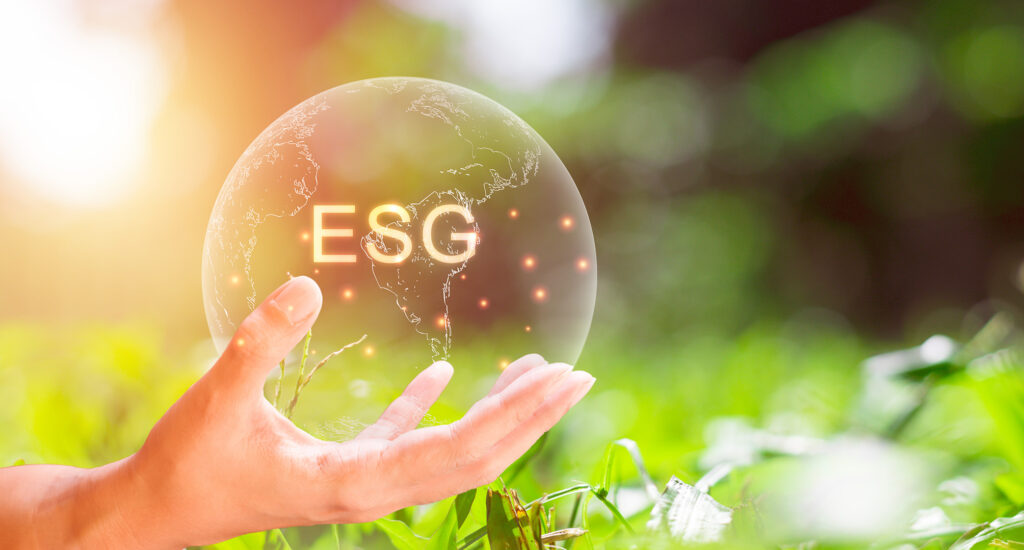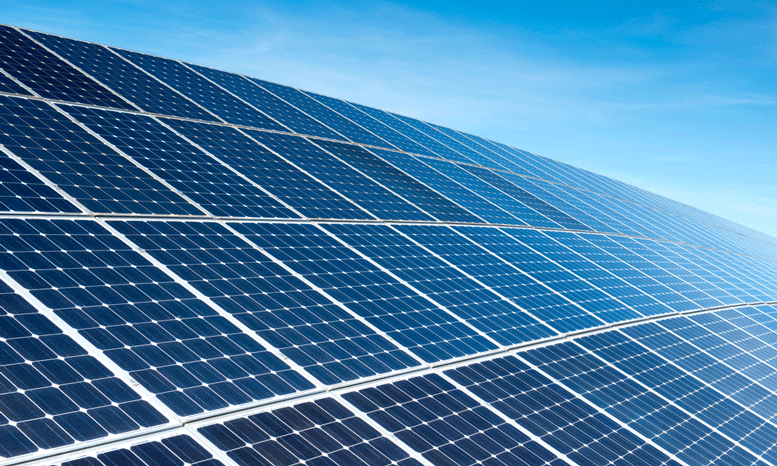Europe is emerging as the world’s largest producer of green hydrogen, accounting for 30% of global production capacity, thanks to its vast and cheap renewable resources, in the race towards decarbonisation that aims to transform carbon-intensive sectors such as heavy and manufacturing industry, aviation and road and maritime transport by 2030, says Deloitte study “Hydrogen. Making it happen”while the Middle East and Australia also have significant production capacity, with estimated shares of around 20% each. However, for the “zero emissions by 2050” scenario to become a reality, the volume of “clean” hydrogen produced globally would need to triple, the study adds.
As one of the very few viable options for reducing carbon emissions, in addition to electrification, and amid diminishing access to conventional fuels, hydrogen is enjoying growing demand in the market, with the EU estimating that by 2030, every €1 billion invested in hydrogen projects will create 10,000 new direct and indirect jobs. Of the 600 hydrogen projects announced or operational globally in 2022, the 25 largest projects account for around 70% of total current capacity, indicating an already diverse market with many small, local projects that can cover one-off demands and a few major projects with regional significance, concentrated in Europe, the Middle East, the US and Australia.
Hydrogen is optimal in industrial processes that take place at high temperatures, it brings higher energy density than batteries, so it provides more power for heavy machinery and equipment, and it has the ability to store energy from intermittent renewable sources such as solar and wind, the study shows. Countries such as Japan, South Korea and the US are considering using hydrogen to generate electricity or produce synthetic fuels.
Of all the hydrogen variants – green, made from water by electrolysis, with no carbon emissions; grey, fossil-based, with carbon emissions; blue, also fossil, but with no emissions; pink, nuclear-based, still in the research phase – green hydrogen is the “cleanest”, and the potential and interest in adopting it differs from industry to industry, the study shows. For example, the chemical and petrochemical industries already use grey hydrogen, so they would need minimal investment to convert some of their infrastructure and get some products clean and cheaper. Heavy industry, aviation and heavy road transport are encouraged by specific regulations to turn to green hydrogen with a 2030 horizon, while for other transport categories decarbonisation plans remain uncertain and are expected to materialise post 2030. As for cars and buildings (heating), they benefit from the electric alternative, so are less likely to transition to hydrogen.
“The study proposes five directions of action for a functional transition to hydrogen energy. First, creating a natural demand in the market by bringing together economic actors convinced of the benefits of hydrogen technologies. Secondly, there is a need for regulation in the field, for example, establishing a pollution index for the various hydrogen technologies and therefore encouraging green hydrogen among the existing options. The next steps are about coupling production potential with storage and transport potential, by converting infrastructures that already exist. Last but not least, collaboration is needed: innovation does not come under regulatory pressure, but through common will and systemic approaches. The solution to integrating these measures is the so-called “hydrogen hubs”, i.e. geographical areas with accessible production resources, investment potential and regulations that stimulate the hydrogen market, and the study shows that Europe is best placed to make such projects a reality by 2030. With its significant potential in the area of renewable energies, Romania can also play an important role and I hope that the future national hydrogen strategy will reflect a level of ambition corresponding to this potential,” said Sorin Elisei, Consulting Director, Deloitte Romania, and Practice Leader of sustainability and energy.
Companies’ infrastructure spending could fall by up to 95% in the “hydrogen hubs” scenario compared to the individual investment scenario, the Deloitte study shows. In addition to optimising costs, this solution also brings benefits such as systematising the green transition, diversifying the labour market and developing new business models, e.g. synergistic cement, methanol and steel production chains.
The Deloitte study “Hydrogen. Making it happen” assesses best practices and optimal options to move towards the “zero emissions by 2050” target and the extent to which hydrogen can address current challenges in the energy market.
Deloitte provides global audit, tax, legal, advisory, financial advisory and risk management services to approximately 90% of the Fortune Global 500® and thousands of private sector companies. The firm’s experts help achieve measurable and lasting results that help build confidence in the capital markets, enabling companies to transform, thrive and lead the way to a stronger economy, a fairer society and a sustainable world. With a history of more than 175 years, Deloitte covers more than 150 countries and territories. Its goal is to create a visible impact in society with the help of its approximately 415,000 professionals worldwide.
Deloitte Romania is one of the largest professional services firms in our country and offers, in cooperation with Reff & Asociații | Deloitte Legal, audit services, tax advisory services, legal services, consulting and risk management services, financial advisory services, service solutions and technology consulting, as well as other related services, through more than 3,000 professionals.




